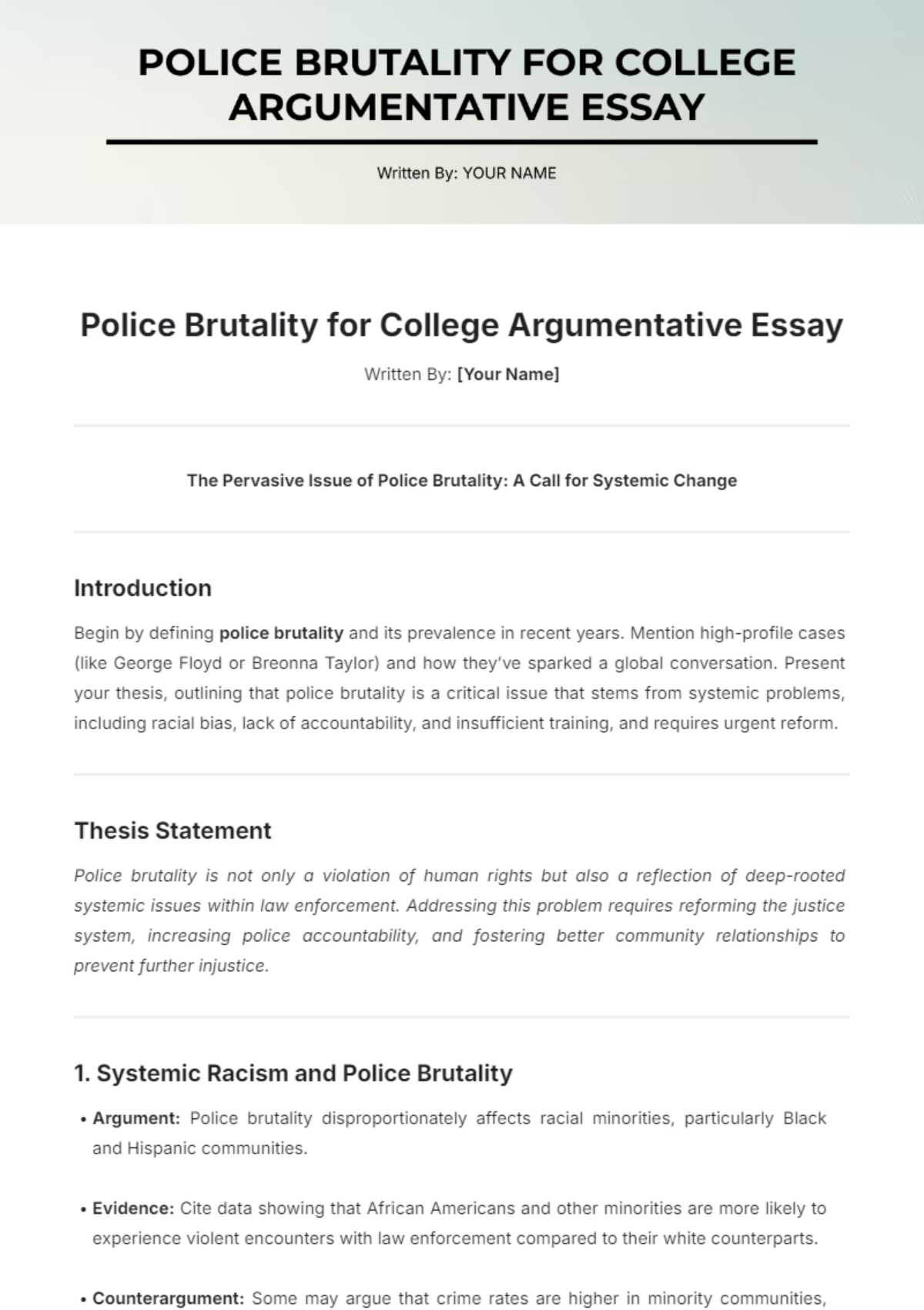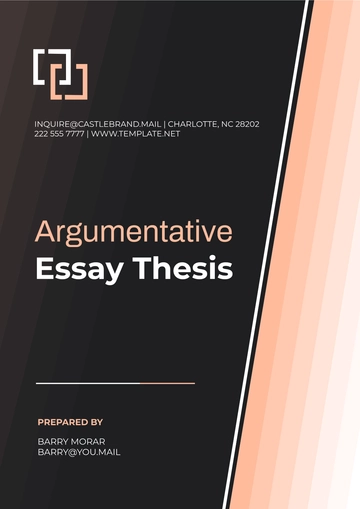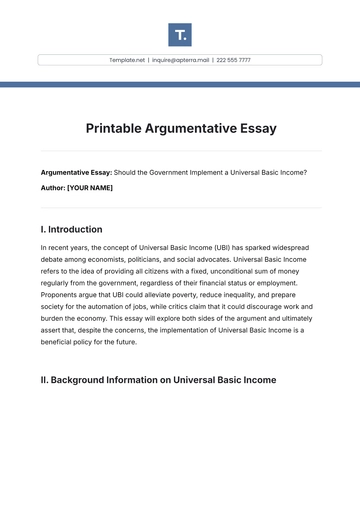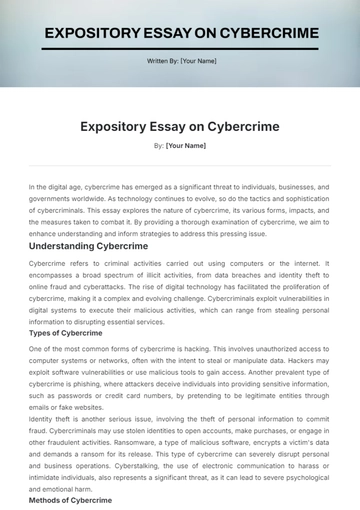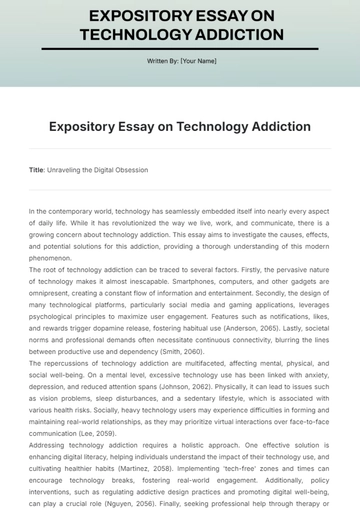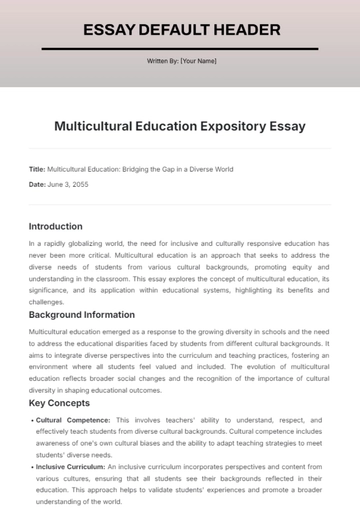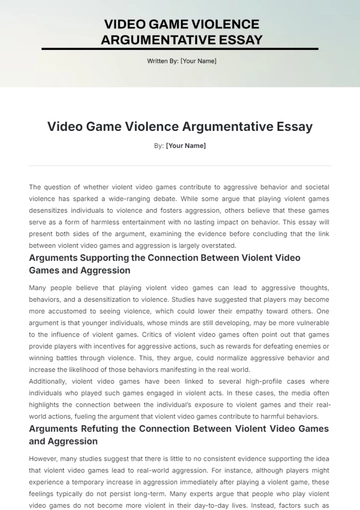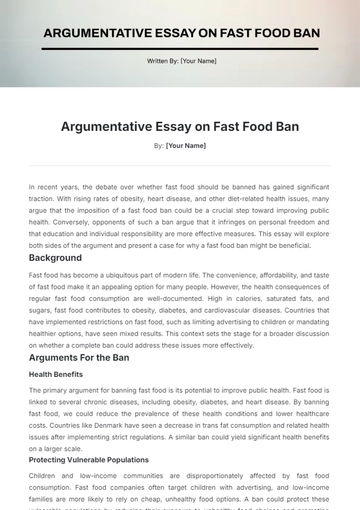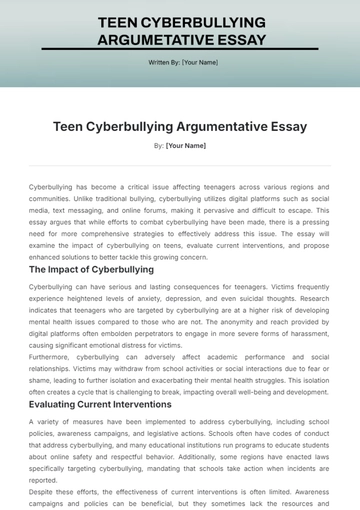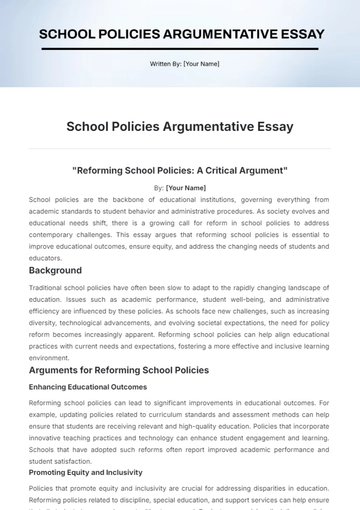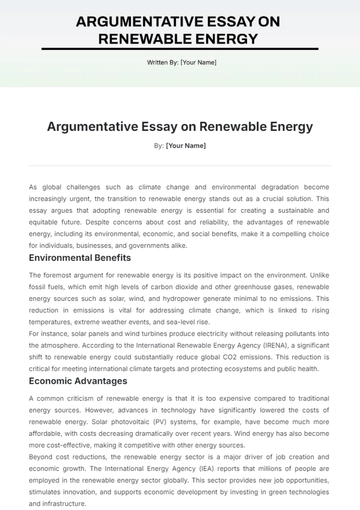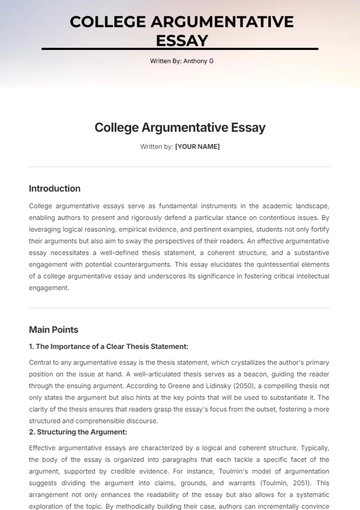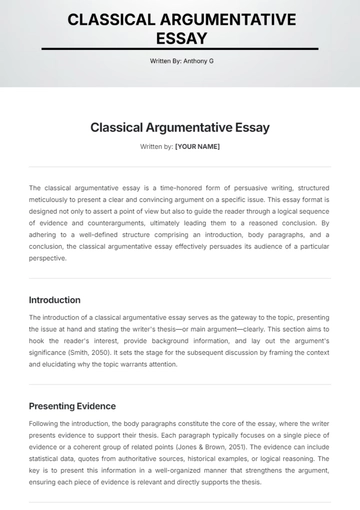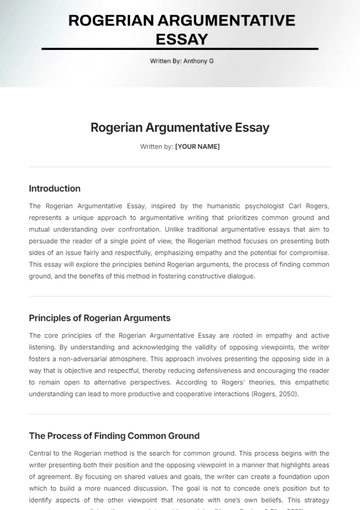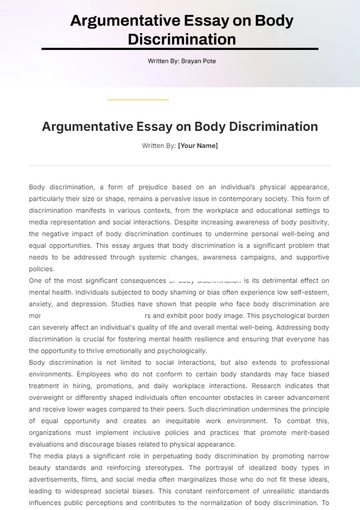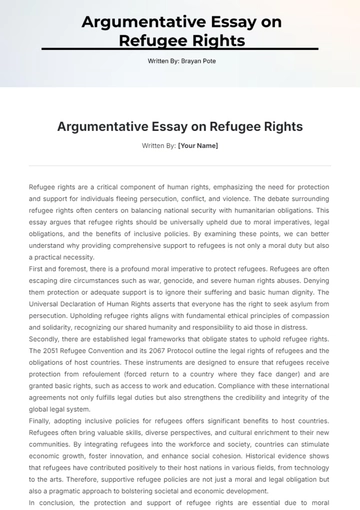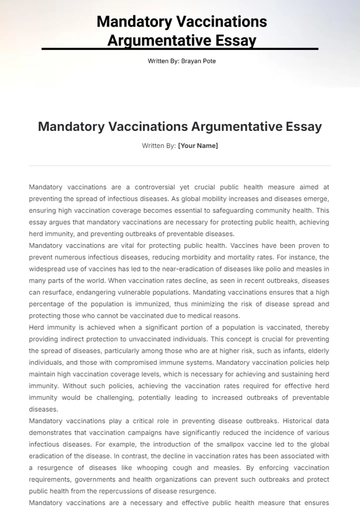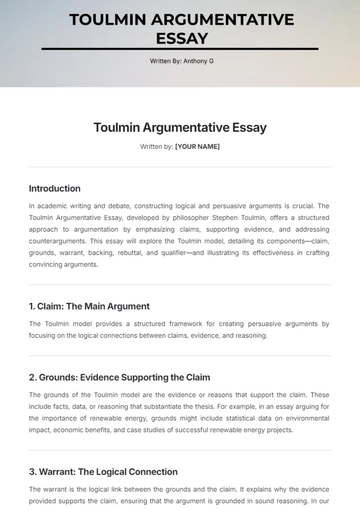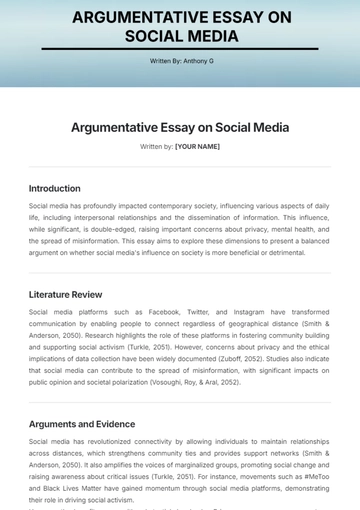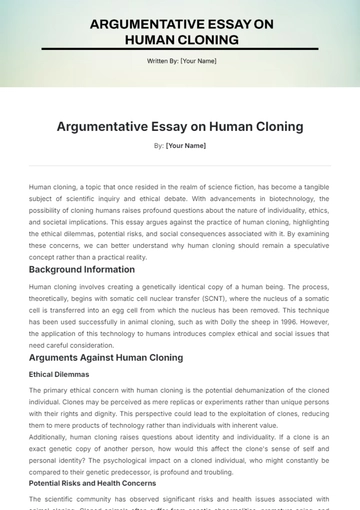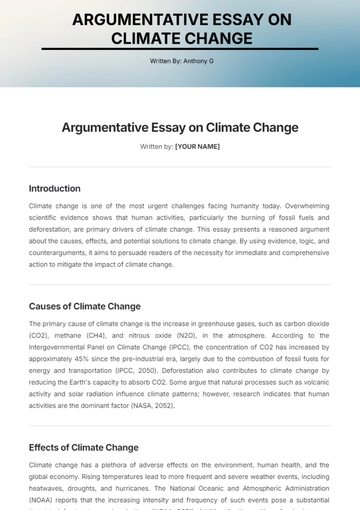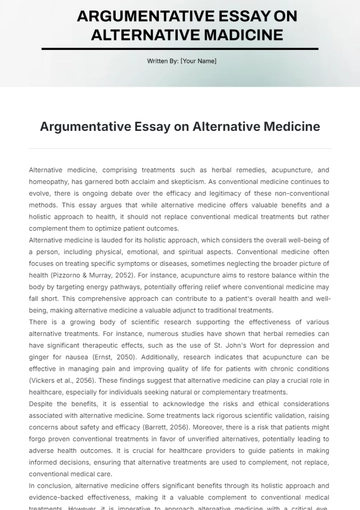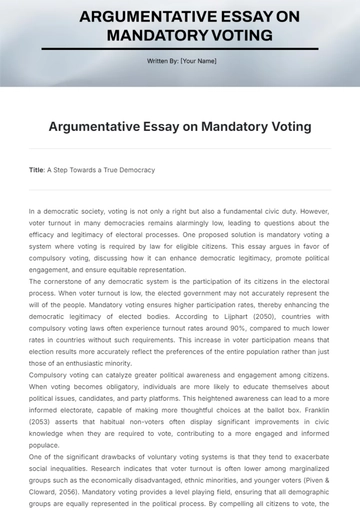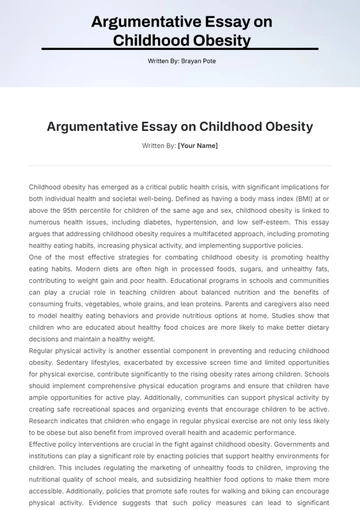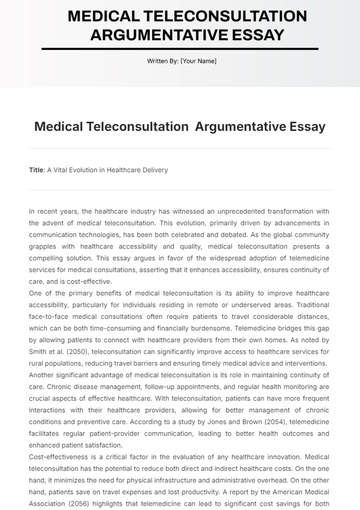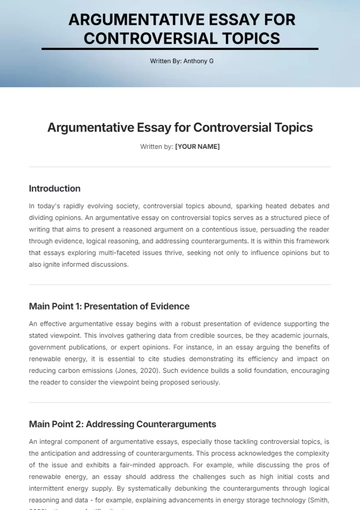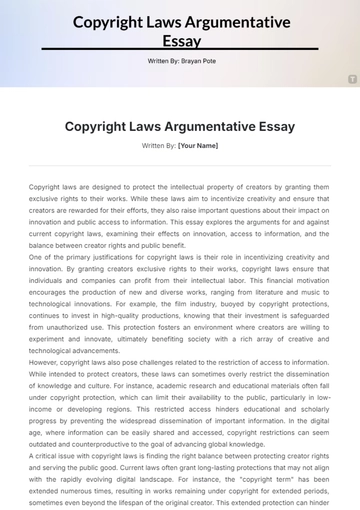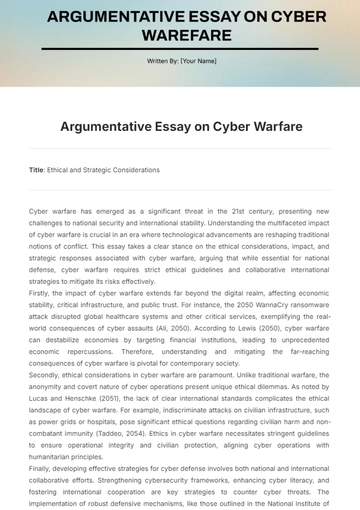Police Brutality for College Argumentative Essay
Written By: [Your Name]
The Pervasive Issue of Police Brutality: A Call for Systemic Change
Introduction
Begin by defining police brutality and its prevalence in recent years. Mention high-profile cases (like George Floyd or Breonna Taylor) and how they’ve sparked a global conversation. Present your thesis, outlining that police brutality is a critical issue that stems from systemic problems, including racial bias, lack of accountability, and insufficient training, and requires urgent reform.
Thesis Statement
Police brutality is not only a violation of human rights but also a reflection of deep-rooted systemic issues within law enforcement. Addressing this problem requires reforming the justice system, increasing police accountability, and fostering better community relationships to prevent further injustice.
1. Systemic Racism and Police Brutality
Argument: Police brutality disproportionately affects racial minorities, particularly Black and Hispanic communities.
Evidence: Cite data showing that African Americans and other minorities are more likely to experience violent encounters with law enforcement compared to their white counterparts.
Counterargument: Some may argue that crime rates are higher in minority communities, leading to more police encounters. However, explain that racial profiling, biased policies like "stop and frisk," and historical mistrust between police and these communities exacerbate tensions.
2. Lack of Accountability
Argument: A significant factor in the persistence of police brutality is the lack of accountability for officers involved in misconduct.
Evidence: Discuss the role of police unions, qualified immunity, and internal investigations that often lead to officers being acquitted or reinstated after acts of violence. Mention the limited cases where officers are convicted, despite substantial evidence of excessive force.
Counterargument: Some may claim that officers face disciplinary measures. However, these are often administrative punishments, and the rarity of criminal prosecutions suggests systemic protection for officers.
3. Insufficient Training and Militarization
Argument: Police officers are often trained in a militaristic manner, emphasizing control and force over de-escalation and community engagement.
Evidence: Analyze how many police departments emphasize tactical, combat-style training over conflict resolution or mental health crisis intervention. The militarization of police forces, including the use of heavy weaponry and armored vehicles, further distances officers from the communities they serve.
Counterargument: Supporters of current training methods argue that officers need to be prepared for dangerous situations. A balanced response should discuss how proper de-escalation training reduces violent confrontations and leads to safer outcomes for both officers and civilians.
4. The Impact on Society
Argument: Police brutality undermines public trust and leads to societal unrest.
Evidence: Refer to protests, such as the Black Lives Matter movement, as a reflection of widespread dissatisfaction with law enforcement. Police violence often leads to communities living in fear, further marginalizing vulnerable groups and fostering resentment.
Counterargument: Some may argue that protests disrupt public order, but counter this by discussing how nonviolent protests have historically been instrumental in bringing about social change (e.g., civil rights movements).
Conclusion
Reiterate that police brutality is a serious issue that cannot be ignored. It reflects deep-rooted systemic issues that demand comprehensive reform. While there are complex factors contributing to police brutality, it is crucial to address racial bias, lack of accountability, and inadequate training. The justice system must be reformed to ensure that police officers are held accountable for misconduct and to rebuild trust between law enforcement and the communities they serve. Ending police brutality is not only about protecting citizens' rights but also about strengthening democracy and equality.
Essay Templates @ Template.net
